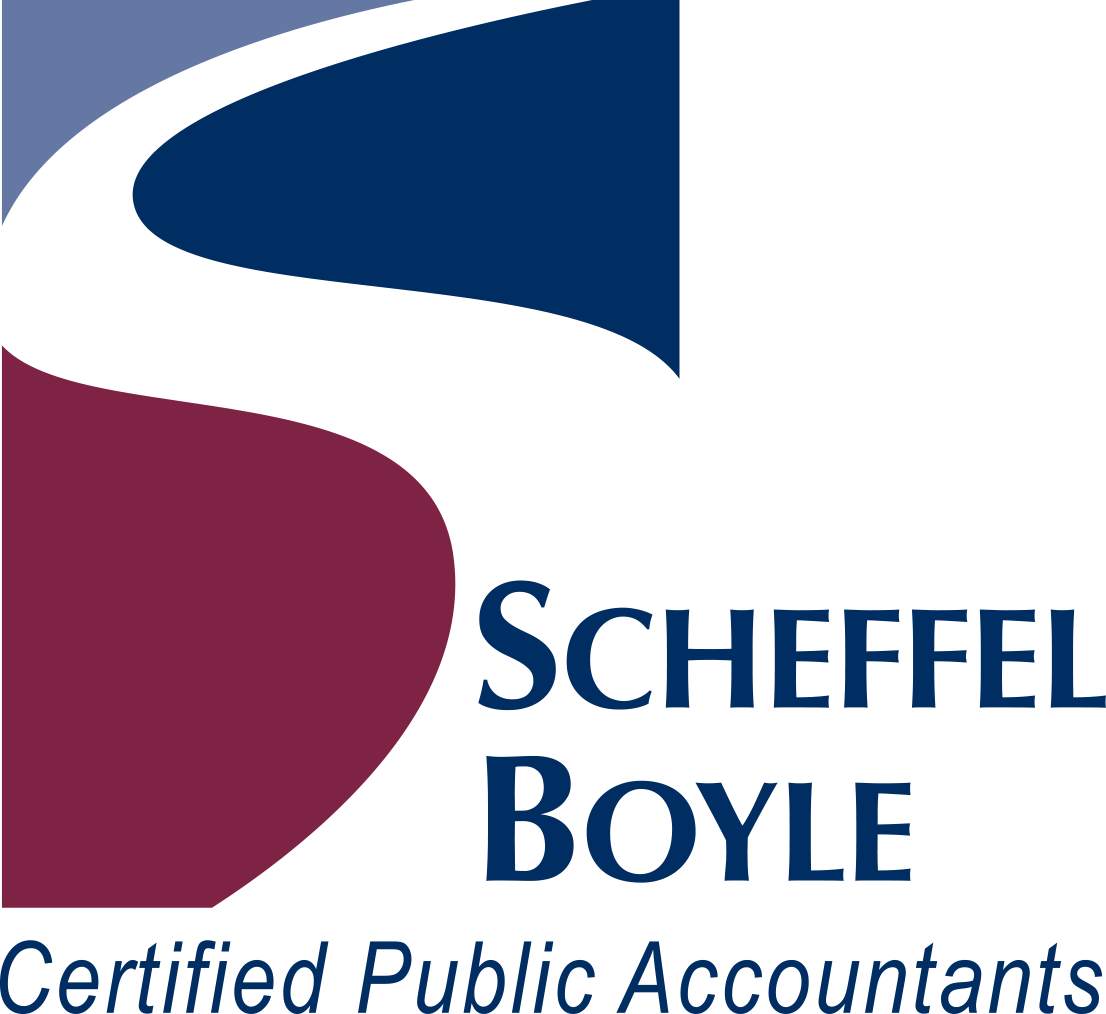The TCJA Effect: Qualified Residence Interest
Two Ways About It
The TCJA affects interest on residential loans in two ways. First, by nearly doubling the standard deduction and placing a $10,000 cap on deductions of state and local taxes, the act substantially reduces the number of taxpayers who itemize. This means that fewer taxpayers will benefit from mortgage and home equity interest deductions. Second, from 2018 through 2025, the act places new limits on the amount of qualified residence interest you can deduct.
Previously, taxpayers could deduct interest on up to $1 million in acquisition indebtedness ($500,000 for married taxpayers filing separately) and up to $100,000 in home equity indebtedness ($50,000 for married taxpayers filing separately).
Acquisition indebtedness is debt that’s incurred to acquire, build or substantially improve a qualified residence, and is secured by that residence. Home equity indebtedness is debt that’s incurred for any other purpose (such as buying a boat or paying off credit cards) and is secured by a qualified residence. A single mortgage could be treated as both acquisition and home equity indebtedness, allowing taxpayers to deduct interest on debt up to $1.1 million.
The TCJA reduced the deduction limit for acquisition indebtedness to interest on up to $750,000 in debt and eliminated the deduction for home equity indebtedness altogether, through 2025. The new limit on acquisition indebtedness doesn’t apply to debt incurred on or before December 15, 2017, subject to an exception for mortgages that were incurred on or before April 1, 2018, in certain circumstances. Specifically, it involves debt incurred pursuant to a written binding contract to purchase a qualified residence executed before December 15, 2017, and scheduled to close before January 1, 2018 (so long as the purchase, as it turned out, was completed before April 1, 2018). And it doesn’t apply to existing mortgages that are refinanced after December 15, 2017, provided the resulting debt doesn’t exceed the refinanced debt.
The elimination of interest deductions for home equity indebtedness, however, applies to existing debt. So, if you were previously deducting interest on up to $100,000 of home equity debt, that interest is no longer deductible. The same holds true for the $100,000 home equity portion of $1.1 million in mortgage debt. Note, however, that interest on a home equity loan used to substantially improve a qualified residence is deductible as acquisition indebtedness (subject to applicable limits).
Review Your Expenses
In light of the TCJA’s changes, you may want to make changes such as paying off home equity loans because interest is no longer deductible. Contact us for help.
Sidebar: Investment Interest Also Affected
The Tax Cuts and Jobs Act (TCJA) also affects investment interest. This is interest on debt borrowed to buy taxable investments (margin loans, for example). Like qualified residence interest, investment interest is an itemized deduction, which is lost if you no longer itemize.
Deductions of investment interest cannot exceed your net investment income, which generally includes interest income and ordinary dividend income, but not lower-taxed capital gains, qualified dividends or tax-free investment earnings. For many people, net investment income is now higher because the TCJA eliminated miscellaneous itemized deductions for such expenses.



















